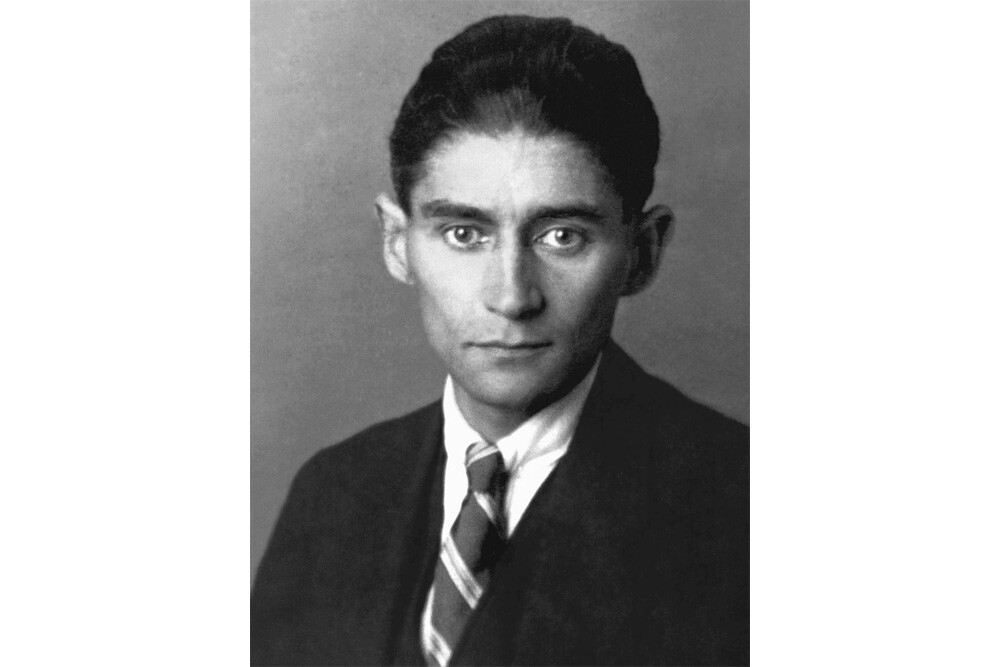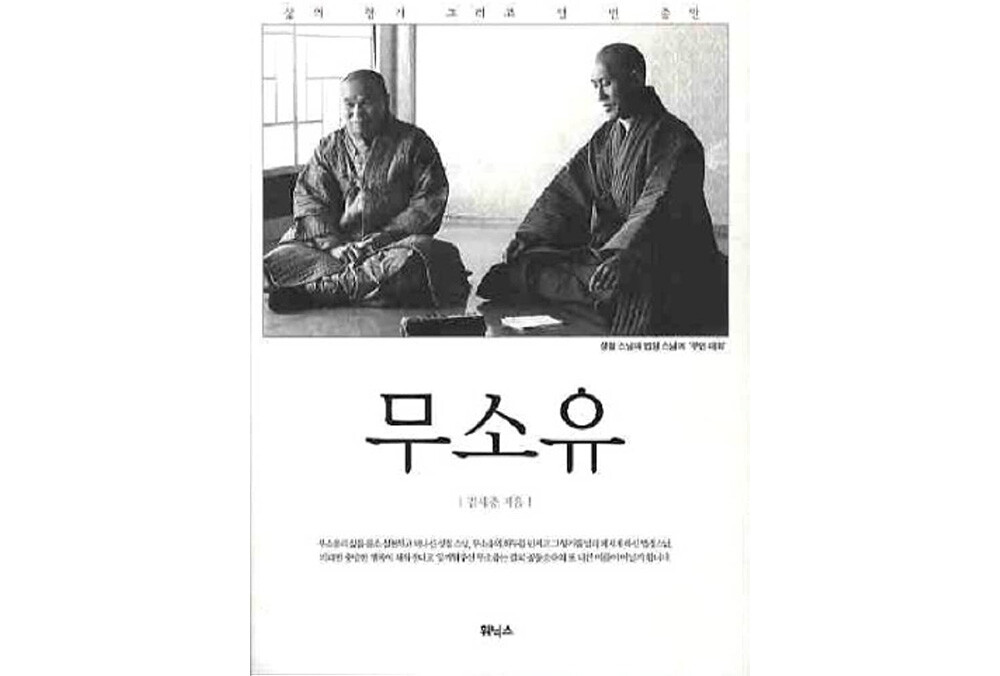You can read all about Beopjeong’s Buddhist philosophy in his book Musoyu, whose title means “nonpossession.” You could especially read about it right after his death, because his publisher cranked out a whole lot of new copies, and jacked up the price to 20 times what it had been before. Go buy a copy today! If you really want to embrace the beauty of impermanence, go buy the ebook, because who knows, maybe Amazon will change their policies and suddenly delete it from your device.
Pŏmusa
Franz Kafka Demanded All His Works Be Burned
If we’re talking about writers who wanted their works to vanish with them, we have to mention Kafka. Here’s a letter he left behind before dying: “Dearest Max, My last request: Everything I leave behind me… in the way of diaries, manuscripts, letters (my own and others’), sketches and so on, to be burned unread.”
This was no idle suggestion. Kafka had already burned most of what he’d written by this point, 90 percent of everything he’d written while alive. The Max in that letter was his friend Max Brod, who’d been saving Kafka’s stuff for years, starting with cartoons he’d doodled when the two were law students together. Brod brazenly disobeyed Kafka’s wish, putting out books from three of his unpublished manuscripts — The Trial, The Castle and Amerika. If you’re familiar with some of his shorter works like The Metamorphosis and Before the Law, those were already out in the world by the time he died. But all of his novels came out after his death, thanks to Brod, and without them, his earlier stuff also may never have become famous.

Franz Kafka
Brod justified releasing the works with the following logic: Kafka, even while still alive, had told him he wanted the stuff burned, even separately from that last letter. Brod had replied that he would refuse to. Still, Kafka had left Brod as his literary executor. If Kafka really meant what he said, reasoned Brod, he would have switched to an executor who’d have obeyed him, but he hadn’t, so that meant he must have been kidding.
With logic like that, we conclude that Brod was not just Kafka’a literary executor. He was also the inspiration behind much of the man’s work.
Follow Ryan Menezes on Twitter for more stuff no one should see.

